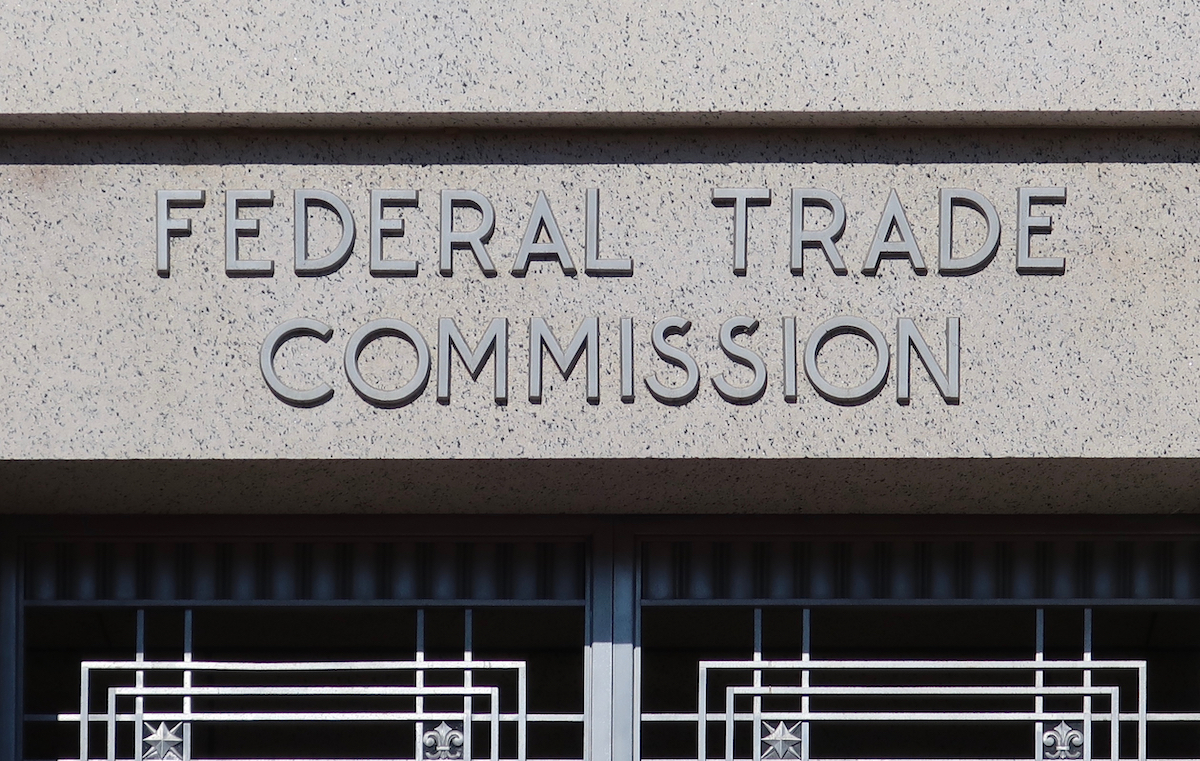
The Federal Trade Commission (FTC) announced on Tuesday its intention to appeal a Florida federal court decision that temporarily blocked the agency’s noncompete ban from being applied to a real estate firm based in The Villages. The FTC’s decision to challenge the ruling comes amid broader legal battles concerning the agency’s authority to regulate noncompete agreements.
According to Bloomberg, the appeal follows a ruling by a Texas federal judge last month that set aside the FTC’s noncompete rule on a nationwide basis. The Texas judge argued that the FTC lacks the authority to enact broad regulations aimed at addressing unfair methods of competition. This ruling, part of a case known as Ryan v. Federal Trade Commission, added significant legal pressure to the FTC’s efforts to enforce its rule, which was originally scheduled to take effect on September 4, 2024.
The FTC’s proposed rule sought to eliminate the use of noncompete clauses in employment contracts, which it argued restricted millions of workers from seeking new employment opportunities. The rule would have retroactively nullified approximately 30 million noncompete agreements across the country. It also mandated that companies provide written notice to affected workers that their noncompete agreements were no longer enforceable.
Read more: FTC’s Lina Khan Lauds Corporate Focus on Antitrust in Deal-Making
As Bloomberg reports, the noncompete rule was one of the most sweeping employment regulations in recent years, coming at a time when the U.S. Supreme Court is reviewing the scope of administrative agency authority in a separate case, Loper Bright Enterprises v. Raimondo. The outcome of that case could further define the limits of agencies like the FTC to issue regulations interpreting ambiguous statutes.
The FTC’s legal battles have expanded beyond the Texas and Florida courts, with lawsuits also being filed in Pennsylvania and other jurisdictions. In all cases, plaintiffs have sought to block the noncompete rule until a final decision on its merits is reached. Despite these legal hurdles, the FTC maintains that its ban on noncompete agreements falls squarely within its regulatory authority to protect workers from unfair competition practices.
Per Bloomberg, the appeal in Florida is seen as a key test of the FTC’s ability to defend the rule amid mounting opposition from business groups and certain state attorneys general, who argue that the federal government is overreaching into areas traditionally regulated by states.
Source: Bloomberg
Featured News
Google Urges Texas Judge to Disregard Virginia Antitrust Ruling
May 14, 2025 by
CPI
Anthropic Ordered to Respond After AI Allegedly Fabricates Citation in Legal Filing
May 14, 2025 by
CPI
Rumble Adds David Boies to Legal Team in $2 Billion Antitrust Battle with Google
May 14, 2025 by
CPI
China Summons Delivery Giants Over Unfair Competition Concerns
May 13, 2025 by
CPI
Judge Orders Sanctions Against Missouri for Noncompliance in Price-Fixing Probe
May 13, 2025 by
CPI
Antitrust Mix by CPI
Antitrust Chronicle® – Healthcare Antitrust
May 14, 2025 by
CPI
Healthcare & Antitrust: What to Expect in the New Trump Administration
May 14, 2025 by
Nana Wilberforce, John W O'Toole & Sarah Pugh
Patent Gaming and Disparagement: Commission Fines Teva For Improperly Protecting Its Blockbuster Medicine
May 14, 2025 by
Blaž Višnar, Boris Andrejaš, Apostolos Baltzopoulos, Rieke Kaup, Laura Nistor & Gianluca Vassallo
Strategic Alliances in the Pharma Sector: An EU Competition Law Perspective
May 14, 2025 by
Christian Ritz & Benedikt Weiss
Monopsony Power in the Hospital Labor Market
May 14, 2025 by
Kevin E. Pflum & Christian Salas